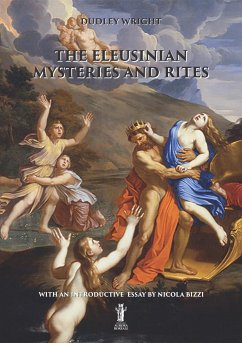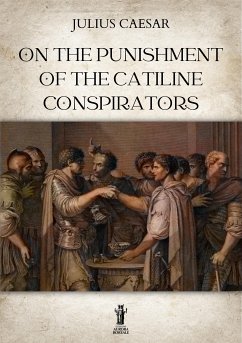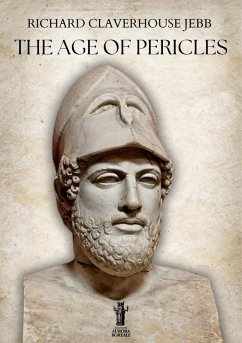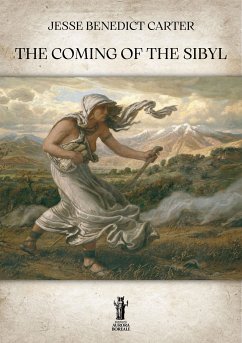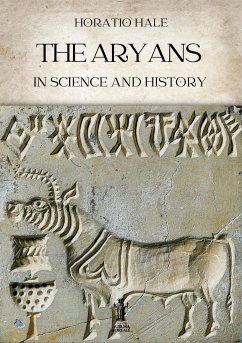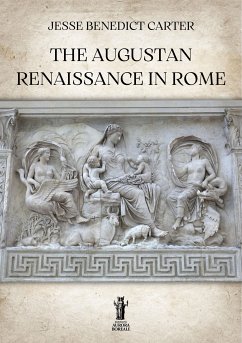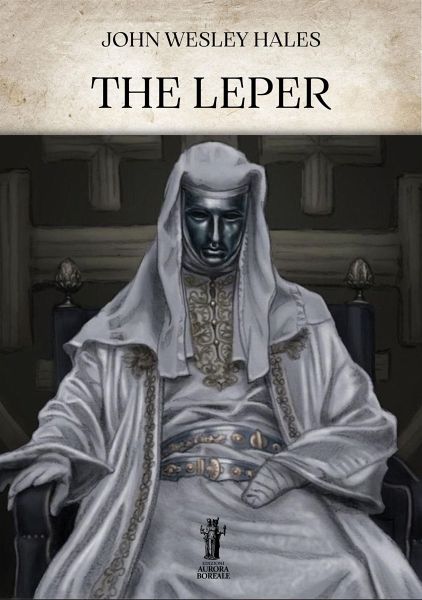
The Leper (eBook, ePUB)

PAYBACK Punkte
1 °P sammeln!
John Wesley Hales (1836-1914), was a British scholar, writer, man of letters and professor of English literature at King's College in London. During his life Hales published 109 works in 300 publications in 5 languages. The Hales' work The Leper was published in 1860 on Once a Week, a magazine of Literature, Art, Science and popular information. Leprosy was one of the greatest dramas in the history of mankind. It has affected humanity for thousands of years and has historically been associated with social stigma and discrimination. Until a few decades ago, lepers were excluded from social life...
John Wesley Hales (1836-1914), was a British scholar, writer, man of letters and professor of English literature at King's College in London. During his life Hales published 109 works in 300 publications in 5 languages. The Hales' work The Leper was published in 1860 on Once a Week, a magazine of Literature, Art, Science and popular information. Leprosy was one of the greatest dramas in the history of mankind. It has affected humanity for thousands of years and has historically been associated with social stigma and discrimination. Until a few decades ago, lepers were excluded from social life, confined to reserved places and subject to incredible restrictions on their freedom. They were regarded as walking deads and treated as such. They were forced to die in solitude deprived of all social rights. John Wesley Hales wanted to devote a profound historical and intellectual reflection to this terrible drama. «We wish our readers - he writes - to picture to themselves the life that lepers used to lead. Farewell for a while to busy towns and crowded thoroughfares. Our path conducts us outside of the city, to hamlets and to hospitals all alone by the roadside, or on the bank of the river. This is the quiet life, par excellence. As quiet as the monastery before the hour of Prime. This is the life of the shunned-of men whom society casts from her, lest she be tainted by contact with them-of men that are excluded from the enjoyments, and the ambitions, and the excitements that make up the sum of life, as we value it. This is death in life-civil death and legal death, with mere animal life surviving».
Dieser Download kann aus rechtlichen Gründen nur mit Rechnungsadresse in A, B, BG, CY, CZ, D, DK, EW, E, FIN, F, GR, HR, H, IRL, I, LT, L, LR, M, NL, PL, P, R, S, SLO, SK ausgeliefert werden.





